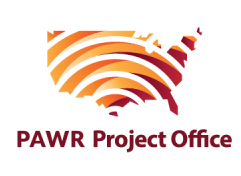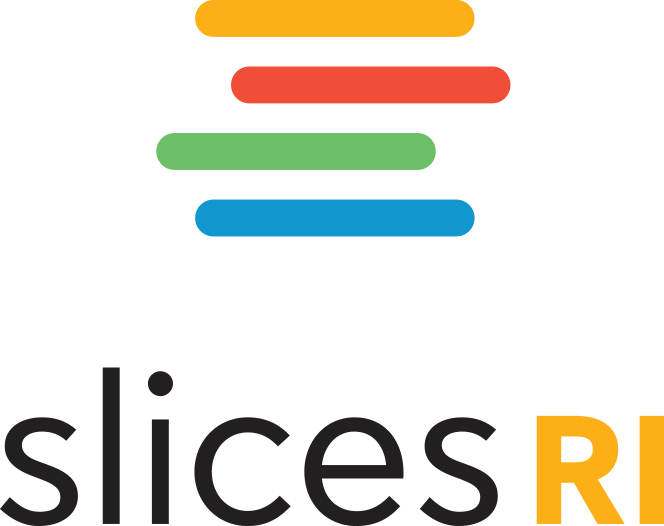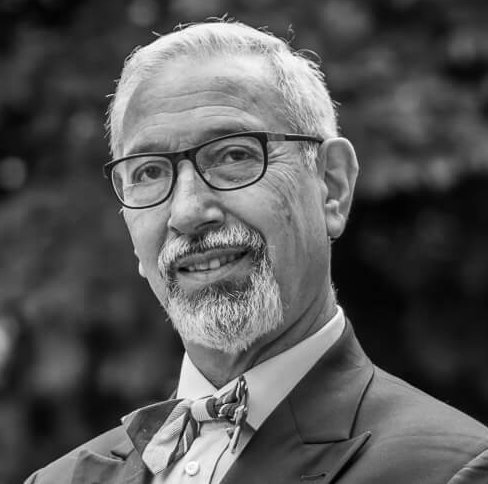
Scott Marcus
speaker
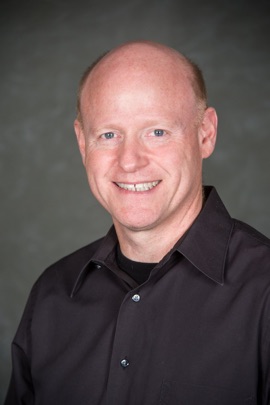
Eric Burger
speaker
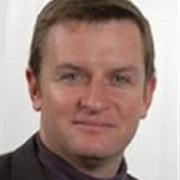
Chris Marsden
speaker
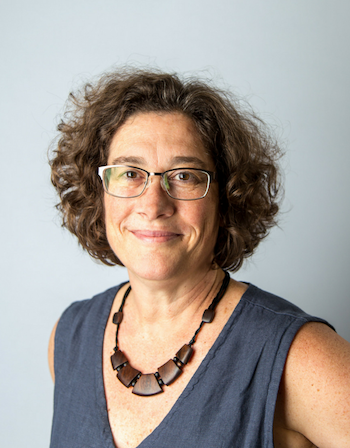
Sonia Jorge
speaker
An expert in the confluence of development and communications policy, Sonia has over 25 years of diverse international experience in a career spanning both the private and not-for-profit sectors. As a policy advisor, Sonia has led numerous digital policy and development projects in several countries and with international organizations, such as the World Bank, UNDP, UN Women, and for private sector companies, from mobile operators to industry associations.
Sonia’s work has included ICT policy and regulatory advice and analysis, strategic industry planning, national ICT/broadband policy development, and the creation of new policy and regulatory frameworks to address issues around competition, cost-based pricing, spectrum management, infrastructure development and universal access strategy. Sonia is an avid advocate for gender equality in development, and has worked extensively to promote gender analysis and awareness in the ICT planning and policy process, as well as an understanding of the importance of digital inclusion for development.
As a thought leader and expert, Sonia was recognized by apolitico as as one of the World’s 100 Most Influential People in Digital Government in 2019, and is a frequent speaker at international, regional and national events, including at the World Economic Forum, Stockholm Internet Forum, Transform Africa, Mobile World Congress, Internet Governance Forums, the Latin American Telecommunications Congress, several ITU and EU-Commission events, among others. She also serves/ed as a member and expert in a number of Committees, including DFID’s Digital Access Panel for Africa, the ITU-UN Women EQUALS Partnership, The World Economic Forum’s Future of the Internet Initiative, the Broadband Commission Working Group on the Gender Digital Divide, the Advisory Committee on International Communications and Information Policy (ACICIP) Subcommittee of the US State Department on ICT4D, the IEEE Connectivity Coalition Steering Committee, and the EU-AU Digital Economy Task Force. Sonia is an independent Board Director with KaiOS Technologies and an affiliate at the Harvard Berkman Klein Center for Internet and Society.
Sonia has worked in over 40 countries around the globe, and assumed her current role in July 2013, having previously been Director of Research & Consulting at Pyramid Research. She is fluent in Portuguese, Spanish and English, and holds a Masters in Public Policy from Tufts University and a BA/BS in Economics and Business Finance from the University of Massachusetts.
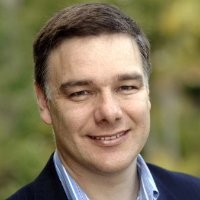
Paul Brooks
speaker
I have direct experience in wide-scale residential NGN access network deployment and in global backbone network design and operation, serving as CTO for a number of carriers and start-ups. Since 2003 I have been an industry consultant, providing leaderships and technical expertise to service providers, regulators and enterprises in Australia, New Zealand, and several other countries.
Specialties: telecommunications network design/engineering, network operations, network and service troubleshooting, regulatory navigation, DWDM, OTN/SDH, DSL, BGP, ULLS, LSS, VoIP
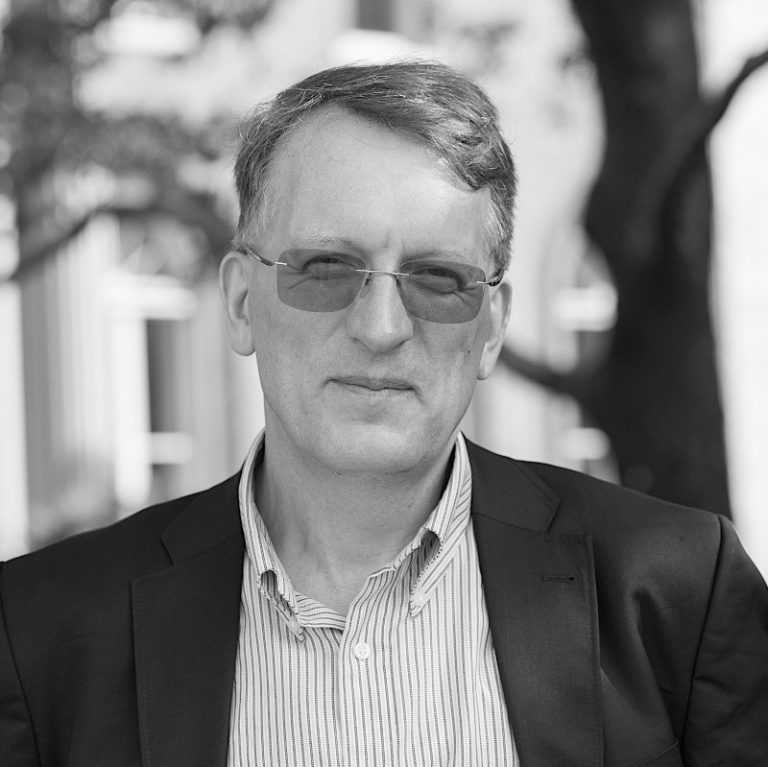
Henning Schulzrinne
organizer
Schulzrinne and his team have developed the Session Initiation Protocol (SIP), the Real-Time Transport Protocol (RTP), and other multimedia signaling and support protocols that are used in the 3GPP, CableLabs, NENA NG911 (for emergency calls) and other system standards to support VoIP and multimedia streaming applications. Most recently, he has been working on automating the diagnostics of Internet network faults, protecting the electric grid against cyber- attacks, and scaling up the Internet of Things.
Schulzrinne received his undergraduate education at the Technical University of Darmstadt, Germany, his MSEE at the University of Cincinnati, and a PhD in Electrical Engineering from the University of Massachusetts, Amherst, in 1992. He is a Fellow of the IEEE and ACM.
